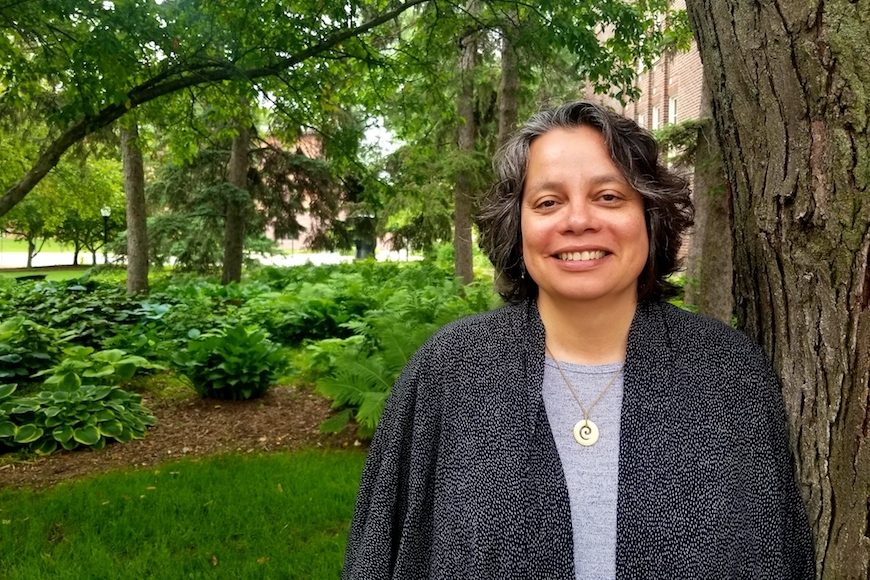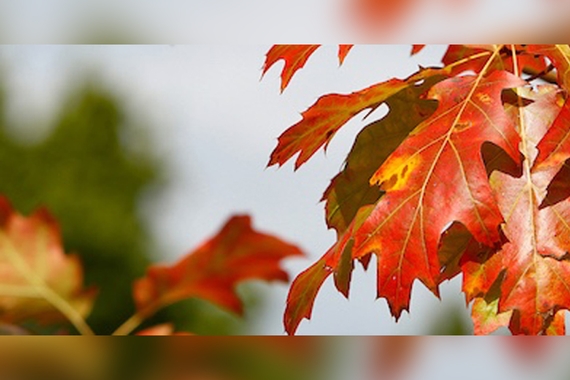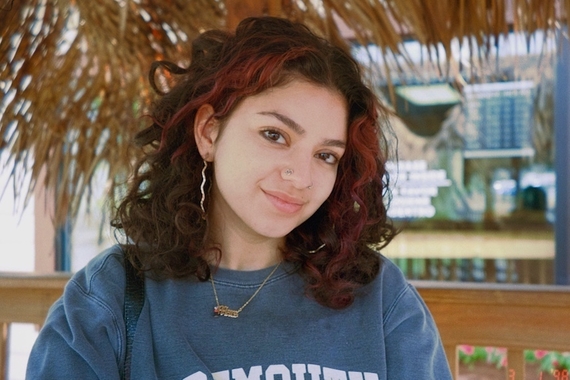CLS: Community and University
For the Chicano and Latino Studies department, civic engagement, outreach, and public programming activities are integral aspects of their undergraduate degree programs. Pairing rigorous classes with community-engaged work prepares students for the complex social issues that face larger society including Chicano and Latino communities, which is why the department provides ample opportunity for students and faculty to engage in issues impacting local Latinx communities. Students enter post-grad life as well-informed, articulate, and engaged advocates, and faculty are supported in their endeavors to maintain lasting relationships with Twin Cities Chicano and Latino populations.
Programs and Outreach Coordinator Lisa Sass Zaragoza coordinates the Department of Chicano and Latino Studies’ (CLS) outreach initiatives. Sass Zaragoza has worked in education for years, and her work for CLS is informed and guided by her experience. Previously, Sass Zaragoza worked as a union organizer with migrant farmworkers as well as the former director of the U-Migrant Project. She has also worked as a youth worker, community organizer, teacher, school administrator, and consultant. She has taught for the department and now heads into her 13th year supporting programs and outreach for the department.
Partner Sites
As a department, CLS is dedicated to forming deep and mutually beneficial partnerships within the Twin Cities. CLS currently has two long-standing partner sites: El Colegio and Academia Cesar Chavez. Undergraduates can visit the partner sites and teach classes to Chicano and Latino youth while faculty and staff can be involved in organizing collaborative events. Together, the department and the partner sites work to maintain relationships between Chicano and Latino youth and the University.
El Colegio is a public high school in Minneapolis that builds on the talents of bilingual, bicultural students by integrating research-based teaching strategies with Latino culture and traditions. At El Colegio, CLS collaborates on an annual fundraiser called Mira mi Corazon. Translating to “look at my heart,” it’s an event where community artists are provided wooden hearts to make art, which is then sold in the auction. The proceeds go to Chicano and Latino studies scholarships and to support El Colegio. CLS students participate in the event and often continue volunteering at El Colegio. A few students have maintained the relationship and become staff members.
CLS works to support the partner sites in ways that are meaningful for them and meet their specific needs. This past year, for example, Sass Zaragoza led professional development workshops for staff and teachers at Academia Cesar Chavez. Sass Zaragoza’s workshops guided teachers in how they can ground their teaching in critical race theory and critical pedagogy and administrators in evaluating school policies and procedures.
Additionally, CLS students this year worked directly with eighth graders at Academia Cesar Chavez. They visited the school and taught a lesson on Chicano and Latino history. For the undergraduates involved, this partnership gives them an opportunity to give back and provides a connection to themselves, their family, and their community.
Community and University
Community outreach is embedded in CLS. The content that CLS researches and theorizes about is dependent on collaboration with the community. Chicano and Latino studies is rooted in responsible community outreach, whether it be through long-term engagement initiatives, classes and faculty research, or shorter-term opportunities.
Community outreach results in both tangible and intangible skills for those involved. At the fundraiser, for example, there is a specific amount of scholarship money or trackable number of volunteers and hours. More intangibly, though, is the role-modeling that undergraduate volunteers provide for the younger students at the partner schools. The University students learn from these relationships while the younger students benefit from their wisdom and experience. “There’s this relationship through time of mutual connection and respect that allows us each to believe and feel the other as a resource,” Sass Zaragoza says.
Chicano and Latino Studies grounds engagement work in the need to work with respect and vigilance around relationships of power and community values. The department seeks to work with the utmost humility. “I believe in the amazing possibility and potential of our community engagement work and in the strength, creativity, resilience, and talent of our community,” says Sass Zaragoza.
In CLS, the relationship between academics and community is reciprocal. The reality of the community informs and guides the academic pursuits of Chicano and Latino faculty and students. Faculty and students, in turn, seek to support our community voice and agency inside and outside the walls of academia. “What we theorize and write about is our own lived reality; the reality of ourselves, our community, and our peoples. In the department, we are committed. We are both community and University at the same time.”
This story was written by an undergraduate student in CLA.


